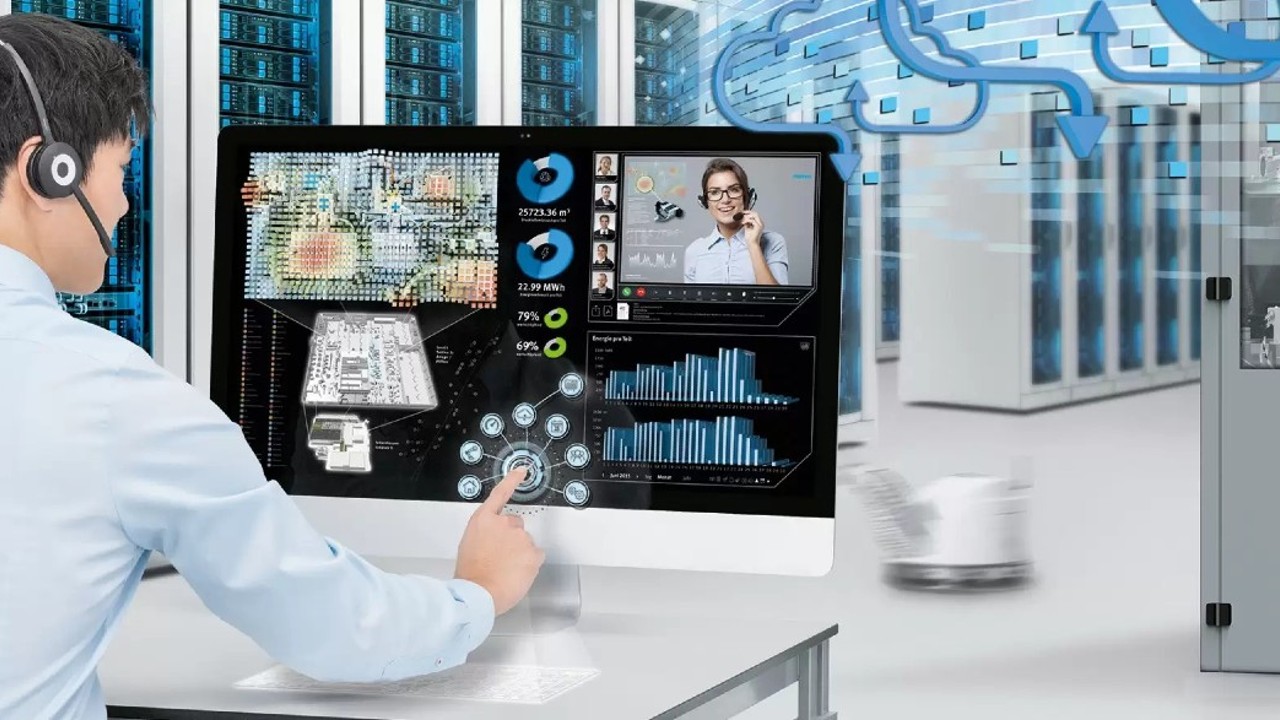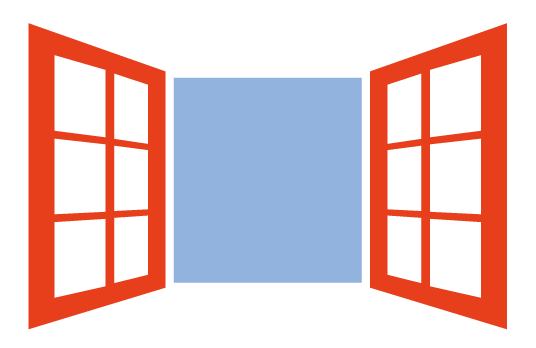What are the main difficulties and challenges of moving from classroom training to webinar? What are the technical aspects of greatest interest? How are trainers formed? How is a relationship with and between distance learners created? We've talked about it with Gianpaolo Negri, Festo HR & training expert.
In Festo Academy Gianpaolo Negri is trainer, coordinator and trainer certifier; in this role, he's in charge of training and certifying trainers' skills, especially as these pass from real to virtual classroom. The biggest challenge he's faced with is to "train the trainers" to manage work differently. Gianpaolo needs to ensure not only that Festo trainers have the technical skills necessary to carry out their work but, above all, that they are able to convey them in new ways.
Due to his long and rich experience in this field, we asked Gianpaolo some questions:
Gianpaolo, tell us a little about Festo Academy webinars!
Festo webinars are not just seminars, but real web-based trainings that previously took place in a real classroom and that are now carried out remotely. They are courses that can last several hours a day (even 8) for several weeks. They are characterized by a high level of interactivity. Even though they were already part of our offer, the pandemic has forced us to bring this type of training to 70%. We therefore hold 15/20 webinars a week with classrooms of 6/8 people (max 10/15), but we also train very small classes.
Has technology been a stumbling block?
Less than we had imagined. Compared to a few years ago, those resistances have lowered. More than anything, the real challenge was to realize the plurality of tools to be used, the multimediality that this type of training entails. This can require big efforts big as it forces trainers to multitask, which is not always easy for everyone. From a technological point of view, another challenge is to ensure that all learners have the same technological equipment and this is not always possible.
Was it easy to get learners used to this type of remote training?
The main problem was that Festo had always been involved in hands-on experiential training and its main business was "learning simulators", machines that simulate automation. This is, obviously, almost impossible to do now, but the customer still expected that from us: the practical part, the laboratory. So we've accepted the challenge of training our learners with a new method and we've witnessed an interesting phenomenon: the satisfaction feedback has surprisingly increased; this step has, in fact, favored the most introverted customers and has lowered or completely eliminated travel times and costs, another factor which has been very favorably received.
What were the main reasons of resistance to change on the part of trainers?
Initially, some of them did not accept the change: they somehow denied it and hoped that everything would go back to the way it was before. However, after a short time, it became clear enough that nothing would return to the way it was before and that, even after the pandemic, this method would always go hand in hand with the traditional one. It was also stimulating to understand that, in this way, the balance of skills changes and that the learning experience needs to be completely redesigned. A year later, we can now say that, in general, the trainers' approach is good. Not everyone uses the "best practices", but all of them know that they must focus on maintaining attention, as well as on the practical and cognitive stimulation of the learner. Working on these aspects, however, means playing in advance. In webinars and remote training in general, planning and programming are key concepts, also because unexpected events are frequent, numerous and disparate. This is not always easy to understand for those teachers whose strong point is improvisation. To give an example, we need to program in advance which objects will be used during training, so that they can be sent to learners or put on the materials list in time.
From a technical and logistical point of view, how is a Festo webinar organized?
The person who takes care of technical aspects usually also takes care of reservations. He opens a form to book a classroom and lists everything that will be needed (for example cameras, screens, tablet, etc.), including the link (usually Zoom) to be shared with the participants. The day the course starts, the technician opens the classroom and does the set up while the trainer welcomes people. There is also an initial, preparatory time in which learners can get used to the technology and in which it's possible to figure out if there is any specific problem. During the webinar, the support technician is always available and can be contacted via chat to solve trainers' or learners' problems. The most important thing is to keep more communication tools active between all parties in order to be able to deal with the 'unexpected' which, especially when technology is involved, is always on the agenda. Flexibility and adaptability are essential for the success of a webinar, but many did not understand this properly in the beginning. Some trainers were terrified and believed that an unexpected event would determine the success of the training.
In your opinion, what's missing most in remote training, if compared to a real classroom?
Above all, building relationships as it used to happen in face-to-face training, for example in informal moments such as lunch, coffee break, etc.. Now we try, however, to make up for this by incorporating the relational aspects within the training itself. We, therefore, include in our trainings moments in which we can get to know each other. For this purpose, we often use games. It's also essential to use technology to cement the virtual classroom: webcams aligned with the participants' gaze and additional cameras to provide more perspectives are all important precautions. Group work is also important: in webinars (also in "flex" mode) we use a lot of Peer coaching and World cafes, very useful methods from a didactic, as well as a relational point of view.
What would you add to what you've said so far?
I would say that programming is never enough. Distance learning is a bit like playing in a band: you play together, but you have first to learn and rehearse the part very well at home.
Thanks, therefore, to Gianpaolo Negri, who reminded us how complex it is to design and deliver this type of training and how important programming is.
In the coming weeks, we will continue to explore other important aspects of distance learning with our partner, Festo. Stay tuned!
About Festo:
Festo Academy
Festo Academy is an Industrial Management School operating on the issues of industrial processes, organization and business management with Executive Masters, role paths and training initiatives.Its mission is to support companies in expressing their maximum potential by expanding and developing the skills of their human resources.Festo Academy and Festo Consulting are part of the multinational industrial group Festo A.G., a leader in the industrial automation sector, constantly focused on innovation and the enhancement of people.Festo Academy is:
Affiliate of the Demand Driven instituteATP of the Project Management Institute (PMI)Certification body for maintenance skills (EN 15628) and fluidic technologies (CETOP)Collaborator of Scrum Alliance and Scrum.org.Iso 9001 certified as EA37 consulting and training company
If you've got deadlines coming up You'll need the help of an essay writer who can make your assignment a breeze. Writing online is the process as easy as ABC. All you have to fill in is the application form, which includes information about your academic standing, your preferred type of paper, deadline as well as the requirements. Pay with your Apple Pay or credit card. It is possible to track the performance of the writer after the order is placed. To read reviews and decide if the writer's service is suitable for your needs.






